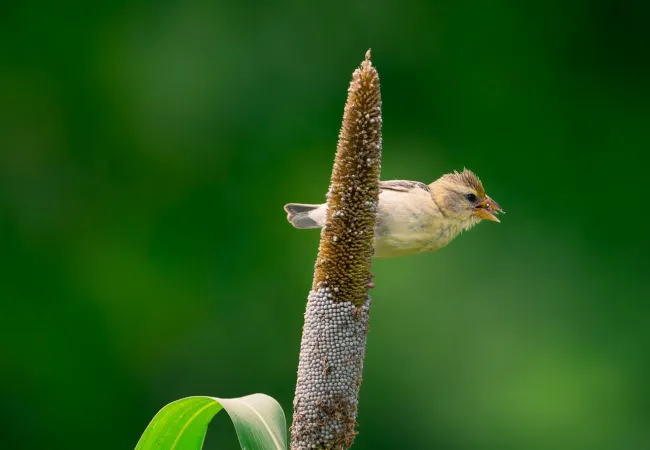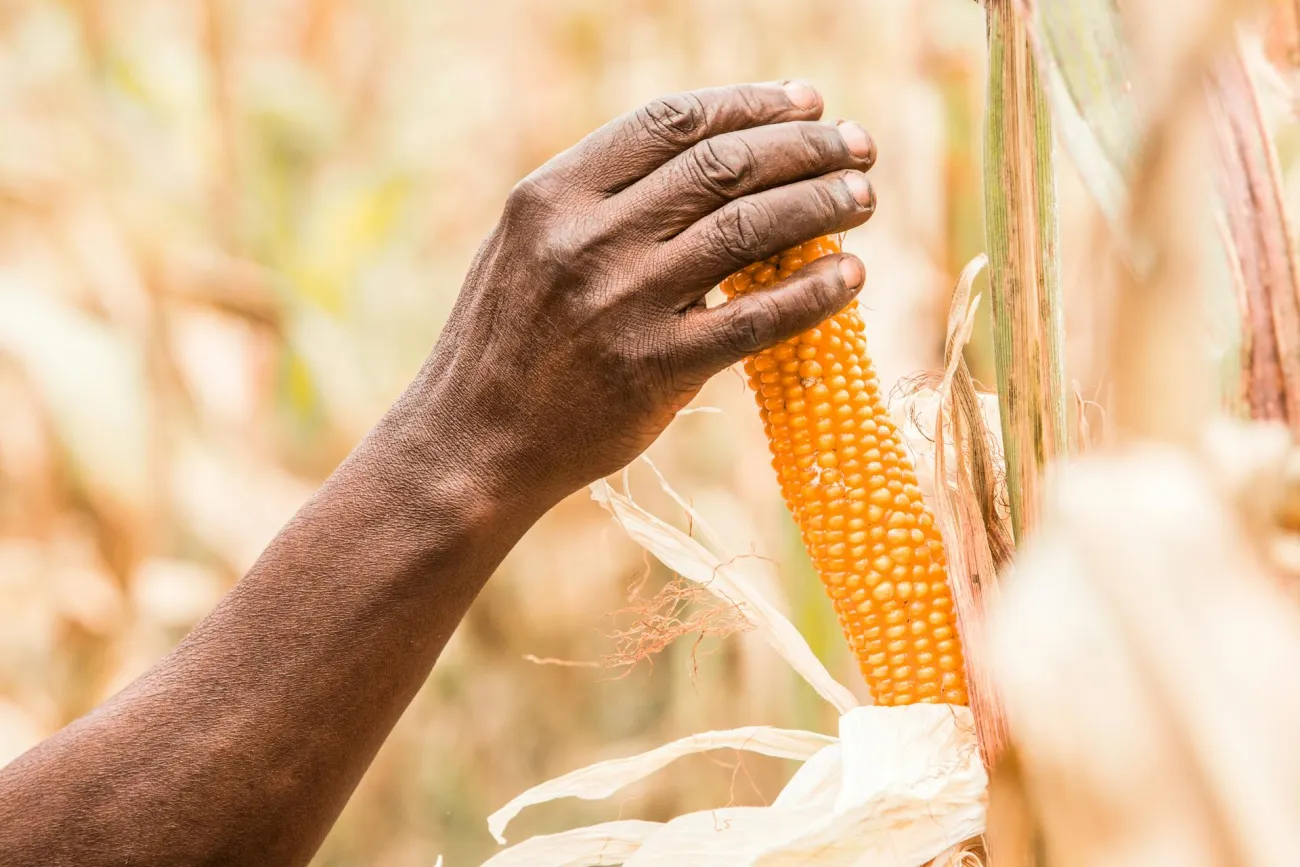This study explores why diverse, drought-resistant crop varieties like sorghum and fonio are disappearing in Senegal despite the advantages against climate challenges. It finds that this is due to government and international policies that interact with cultural and household factors. It recommends actions to improve the climate resilience of smallholders in West Africa.

Abstract
In south-eastern Senegal, Bassari farmers have historically cultivated and consumed a wide diversity of varieties of sorghum, fonio, and Bambara groundnut, most of which thrive in poor soils, are nutritious, and withstand drought. These crops are now on the verge of disappearance from the fields of the Bassari despite their potential fit in the predicted drier climate in the area. To understand why, we explore the intertwining between the local dynamics of crop diversity and socio-economic changes at local, national, and regional scales. We draw upon the critical reading of secondary sources and field data, analyzed through the lens of political agroecology. The abandonment of traditional Bassari crops can be explained by government and international policies that interact with cultural trends and household-level factors. Colonial and post-colonial agricultural policies and research priorities have promoted the expansion of exotic crops with market value or high yield potential (e.g., peanut, cotton, rice, horticultural crops), failing to value indigenous crop diversity. These policies, together with market forces and historical legacies, have intersected with outmigration, dietary changes, decreases in community social capital, and gender-dynamics, favouring the switch from drought-tolerant traditional crops to more water-demanding exotic crops. We then consider what the interplay between social dynamics and crop diversity means under climate change. Our results suggest that current trends in crop diversity might threaten climate resilience in the long-term. Drawing on political agroecology, we discuss potential avenues to support the capacity of Bassari farmers to practice agriculture in a drier climate. We argue that in order to increase the climate resilience of smallholder farmers it is necessary not only to consider the cross-scale processes and multiple dimensions of power that affect crop diversity but also to reconsider research and policy priorities in favour of drought-tolerant indigenous crops.
Reference
Anna Porcuna-Ferrer, Laura Calvet-Mir, Ndèye Fatou Faye, Benjamin Klappoth, Victoria Reyes-García, Vanesse Labeyrie, Drought-tolerant indigenous crops decline in the face of climate change: A political agroecology account from south-eastern Senegal, Journal of Rural Studies, Volume 105, 2024,103163, ISSN 0743-0167, https://doi.org/10.1016/j.jrurstud.2023.103163.
Read more here. See also the TABLE explainer, what is agroecology?




Comments (0)